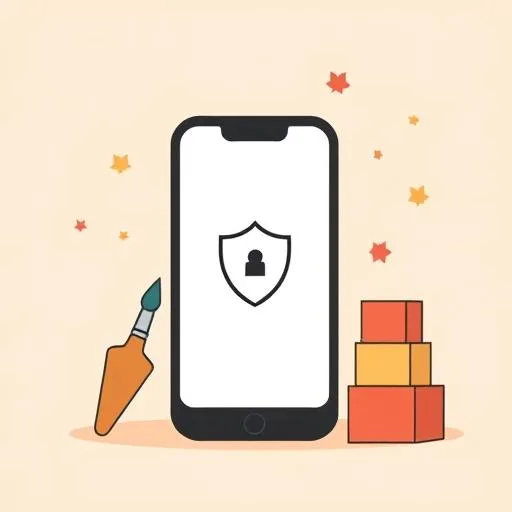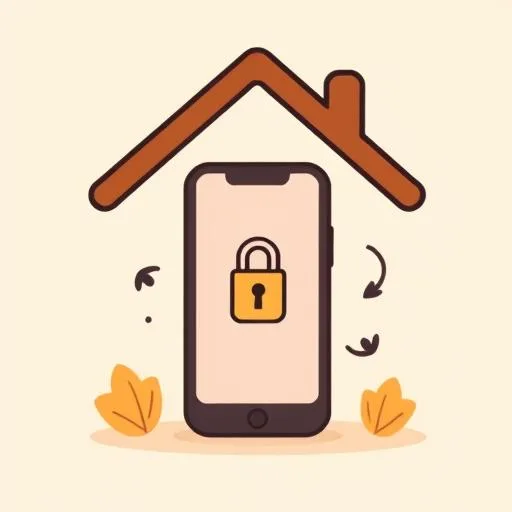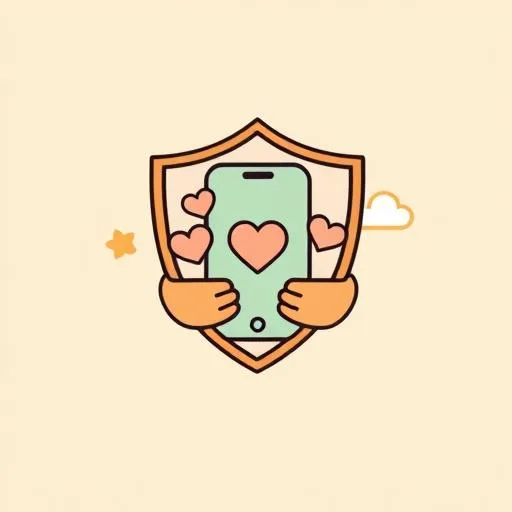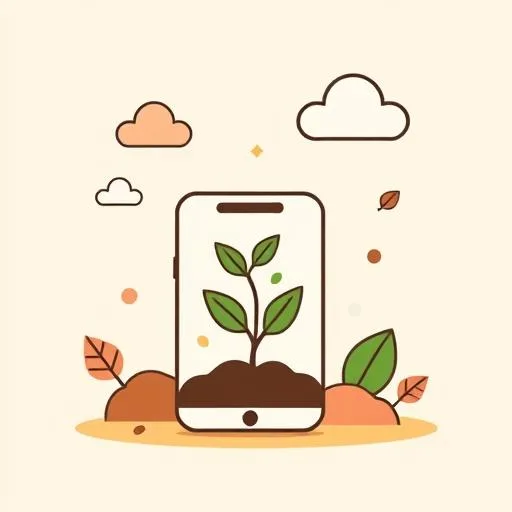
You know that split-second hesitation when you want to film your kid’s block tower masterpiece, but wonder where that video really ends up? Tim Cook’s about to shake up smartphones in ways that might finally ease that knot in your stomach.
Why Keeping AI Close to Home Changes Family Privacy

Apple’s not just about better cameras this time with the iPhone 17 Pro—it’s all about a quiet revolution: on-device AI. Here’s why experts are calling it a game-changer. Imagine this: when your child uses a drawing app to create alien landscapes, their data stays safely tucked in the phone instead of bouncing through distant servers. Research shows this approach means faster responses and true privacy protection because nothing leaves the device. For us parents, that’s like having a digital babysitter who never gossips—helping kids explore generative art tools without feeding their creativity to advertisers.
Remember those moments when your little one whispers a secret into Siri’s ear? On-device processing could mean that whispered dinosaur fact stays between them and their phone. You won’t have to worry about those cute dinosaur questions turning into pesky ads later. As one industry deep dive notes, newer phones now pack specialized AI hardware right inside—think of it like giving your device a quiet study nook where learning happens safely.
Privacy That Feels Like a Hug, Not a Headache for Families

Let’s cut through the tech jargon: real privacy means breathing easy when your kid uses voice assistants for homework help. Current cloud-based systems often feel like we’re letting strangers into our living room. But with techniques like the concept of Federated Learning, phones can get smarter without hoarding personal details—it’s like the device learns your coffee order but forgets your face. Man, that shift is a game-changer for families!
Picture this: your child explaining rocket science over breakfast while you film. With on-device AI, that video stays yours alone—no upload, no invisible audiences. It’s not about paranoia; it’s about protecting those messy, beautiful moments where kids feel truly safe to stumble and grow. Suddenly, ‘privacy’ isn’t some boring tech term—it’s the warm assurance that your family’s voice notes, photos, and bedtime stories aren’t fueling data engines miles away.
Beyond the Phone: Raising Tech-Savvy Humans with Privacy

Here’s the real gift in all this tech chatter: when devices respect boundaries, we get to reclaim mental bandwidth for what matters. Instead of chasing down every app that leaks our data, imagine focusing energy on playful discovery—like watching your child use an AI art tool that runs entirely offline to design a ‘dragon library’ for their stuffed animals. That’s tech as a creative springboard, not a black hole.
But let’s stay grounded: no phone—however privacy-focused—replaces the magic of unstructured play. Why not try this tiny experiment? Next time you’re winding down, grab a blanket and head outside for a 15-minute ‘pocket picnic.’ No screens, just snacks and cloud-gazing where your child names shapes in the sky. See how fast their minds light up? These moments nurture resilience in ways no app can match—they remind us that wonder lives in the rustle of leaves, not just the buzz of notifications.
Source: Why Apple’s iPhone 17 Pro Must Change Smartphones Forever, Forbes, 2025/09/06
